Meditation has been a powerful practice for mental improvement and emotional well-being for thousands of years. It involves training that makes your mind focus and achieve a state of relaxation and inner peace. There are many different types of Meditation, but all kinds of Meditation end up less stress, low anxiety, and negative thoughts while improving overall health and well-being.
But how do you feel after Meditation?
In this article, we’ll explore the various emotions and sensations you might experience about this subject after Meditation, how you feel, and what they mean.
The experienced feelings about Meditation
As we discussed Meditation, the essential and considerable point is the feeling you should have after Meditation. Meditating for an extended period makes you progressively less constrained by your self-centeredness.
As your practice progresses, your awareness will gradually shift to more subtle forms of understanding. You become less self-conscious.
It is possible to create a strong and long-lasting sense of peace and a temporary disappearance of both physical and emotional sources of tension.
(+ 8) various & common feelings after meditation
To continue, let’s have a look at the signs that you feel after Meditation:
1. Calmness & Relaxation
Have you ever meditated before? If so, you might have noticed that you feel a sense of calmness and relaxation after your practice. It’s a widespread feeling that people experience.
After meditating, you get a sense of peace and calm. By reducing stress and anxiety, Meditation helps slow down the mind and calm the nervous system.
This relaxed state can last for some time after you finish your Meditation and help you get through the rest of the day calmly and clearly.
You may better handle stress and make decisions when in this mentally focused state.

2. Clarity & Focus
Another benefit of Meditation you can feel after is that it can improve your focus and mental clarity. After meditating, you may feel more alert, focused, and able to concentrate on tasks. With Meditation, you can clear your mind of distractions and clutter, allowing you to focus on the present moment.
Based on this, you can approach tasks with greater focus and concentration, and your thoughts become more organized and clear. When you feel overwhelmed or under stress, the clarity of your mind will come in handy to help you prioritize your tasks and better handle your issues.
3. Happiness & Contentment
When people finish the mediation process, they mostly feel content.
When you concentrate on your feeling, you can connect more deeply with your identity and know who you are.
Meditation can also boost feelings of happiness and contentment. After meditating, you may experience a sense of joy and inner peace, delivering a more pleasing experience.
Meditation can help you connect with your inside and develop your positive emotions.
Feeling happier and more fulfilled after Meditation shows that you’re on the right track. So follow your meditation plan.
This article could be of interest to you: A Summer Evening’s Meditation

4. Euphoria
Sometimes, you may experience a sense of euphoria or bliss after meditating. This deep feeling of pleasure arises from within and can be intense.
It is expected that everyone may not experience euphoria after meditating, especially those who ponder for a while.
However, it’s important to remember that Meditation is not about chasing after certain sensations or states of mind.
It’s about being mindful of the present moment and accepting whatever happens, whether positive or negative.
5. Improve sense of self-awareness.
Another familiar feeling after Meditation is an increased sense of self-awareness. Meditating makes us more aware of our thoughts, emotions, and physical sensations.
We observe them without any judgment and learn to let them go rather than get involved.
This increased self-awareness can help us better understand ourselves and our reactions to situations, leading to more positive and thoughtful responses in our daily lives and improving our social interactions.
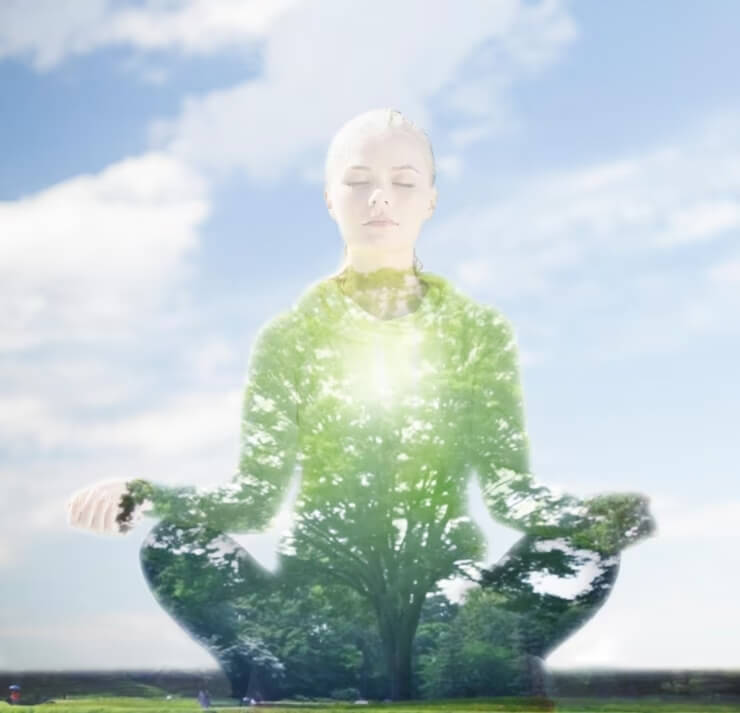
6. Energized
In addition to the relaxation and peace that Meditation brings, it can also make you feel more energetic and invigorated. This is especially true for Meditation involving movements, such as yoga or tai chi.
These practices can help to increase blood flow, release tension, and improve flexibility, making you feel more energized and alert.
Even if you practice a traditional form of Meditation, such as mindfulness meditation or Vipassana meditation, you can feel refreshed and alive after a session.
This can be especially true if you let go of negative emotions or thoughts during your Meditation, as this can help release blocked energy and create a greater sense of flow. So you can feel better after doing Meditation.
7. Frustration or crying
Crying is a natural response to sadness, stress, fear, or trauma. It’s a way for your body to release emotions and stress that you may have been holding onto.
During Meditation, specific thoughts or emotions may cause you to feel overwhelmed, frustrated, or sad.
Allowing yourself to cry during or after the Meditation can be a healthy way to release these emotions. So you can see that the other feelings after the reflection can be crying and frustration.
Suppressing your emotions can increase stress and tension in your body, negatively impacting your mental and physical health.
However, by letting yourself cry and releasing those emotions, you’ll notice that your stress levels will decrease, and your overall mood will improve.
It is important to note that everyone experiences emotions differently, and there is no “right” way to feel or react during Meditation.
So, don’t be afraid to let those tears flow if you feel the need during or after your meditation practice. It’s all part of the healing process.
This article could be of interest to you: 15 Tips for Powerful Beginner Meditation at Home
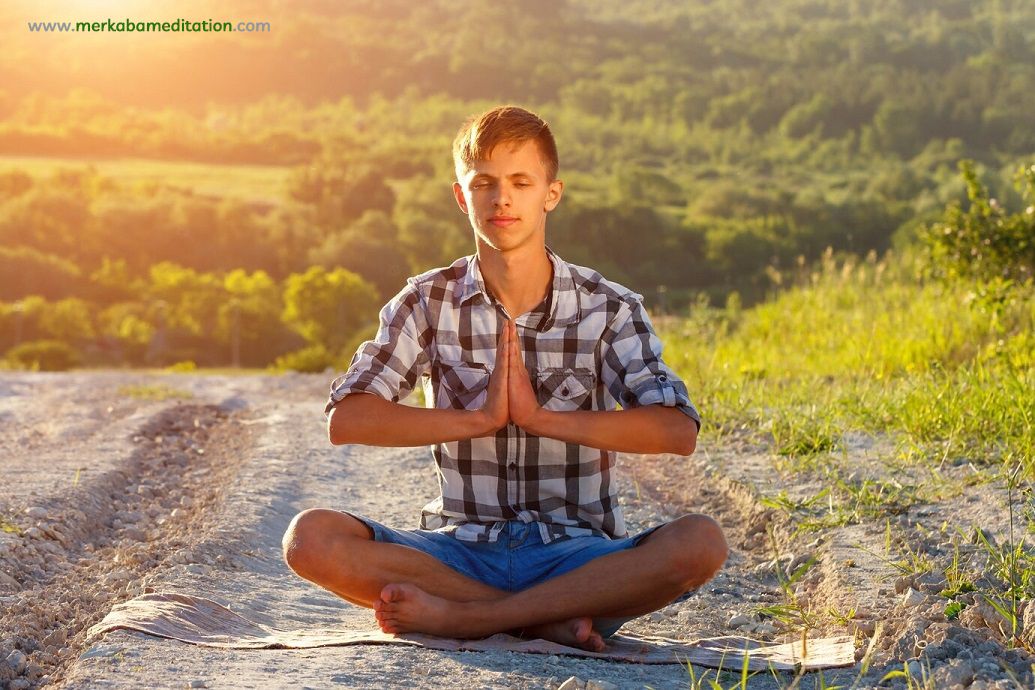
8. Discomfort
In addition to these common feelings, challenges or discomforts may occur during or after Meditation.
For example, some people may struggle with sitting still or quieting their minds during Meditation.
Others may experience physical discomforts, such as stiffness or pain, mainly if they are not used to sitting in one position for long periods.
These challenges are typical and part of a learning process in meditation practice. With regular practice, they will become less intense and more manageable.
Here are some tips that may help when you feel restless after Meditation:
- Focus on your breath.
- Observe your thoughts.
- Change your posture.
- Take a break.
Wrapping up
Meditation is a best practice for mental and body well-being, allowing you to continue your life more easily.
There are lots of different types of Meditation which let you end up stress-free. After reflection, you will experience other emotions mentioned during the “How Do You Feel After Meditation?”.
We hope reading this article helps you understand all tips and tricks. 🙂
Have you ever tried Meditation? How was your feel after doing Meditation? We would be delighted to hear from you about your own experiences.


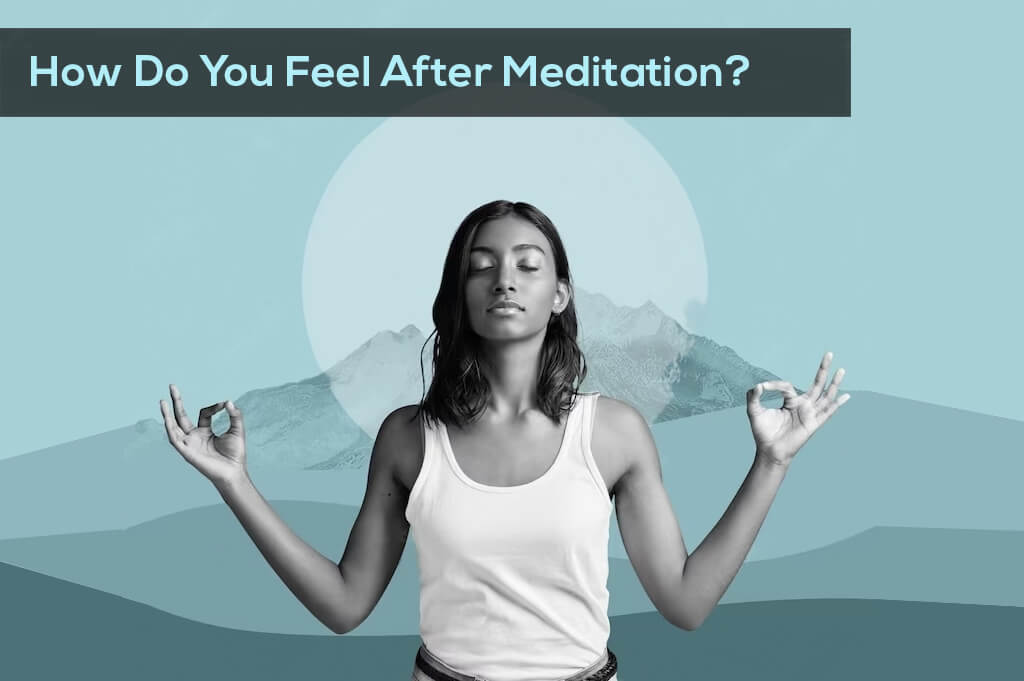

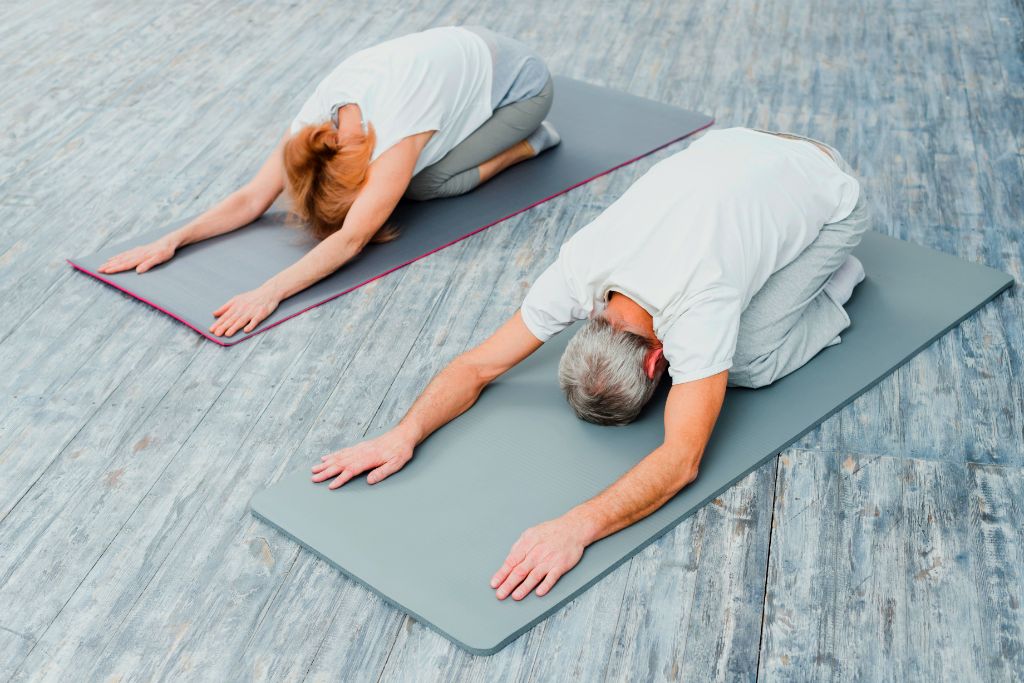



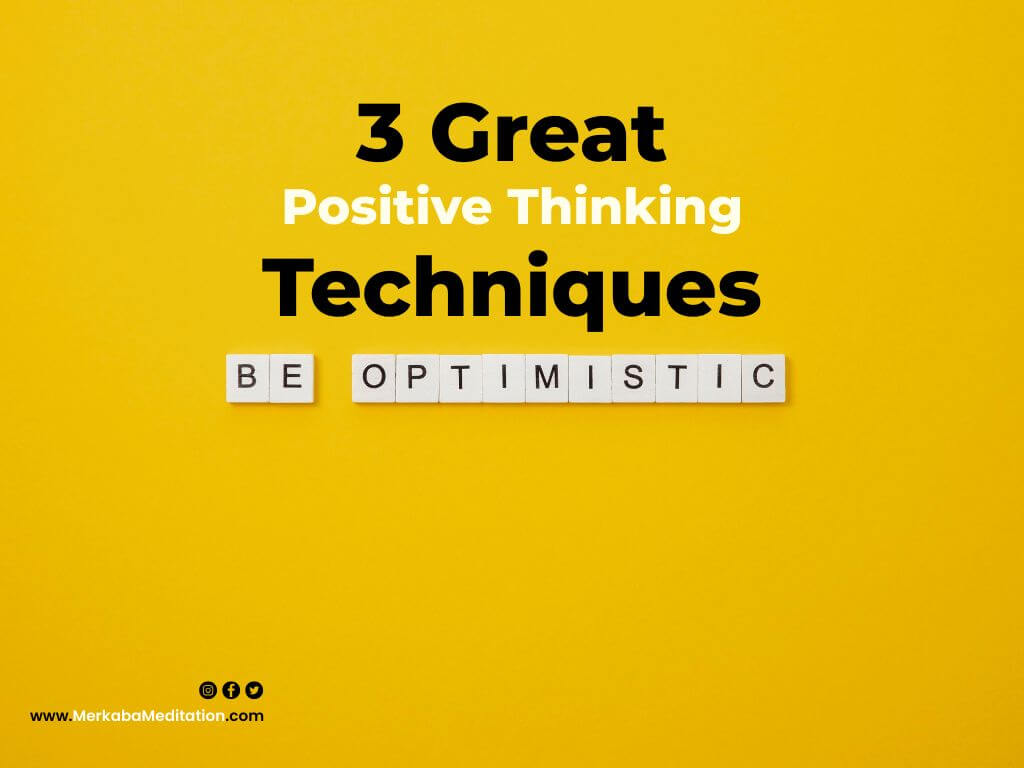


2 Comments. Leave new
I’m dealing with a lot of stress lately, and I’ve heard meditation can help. Any specific techniques you recommend?
Meditation is excellent for stress relief! Try mindfulness meditation or body scan technique. Check our website for detailed instructions on each method. You’ll find it beneficial in no time!